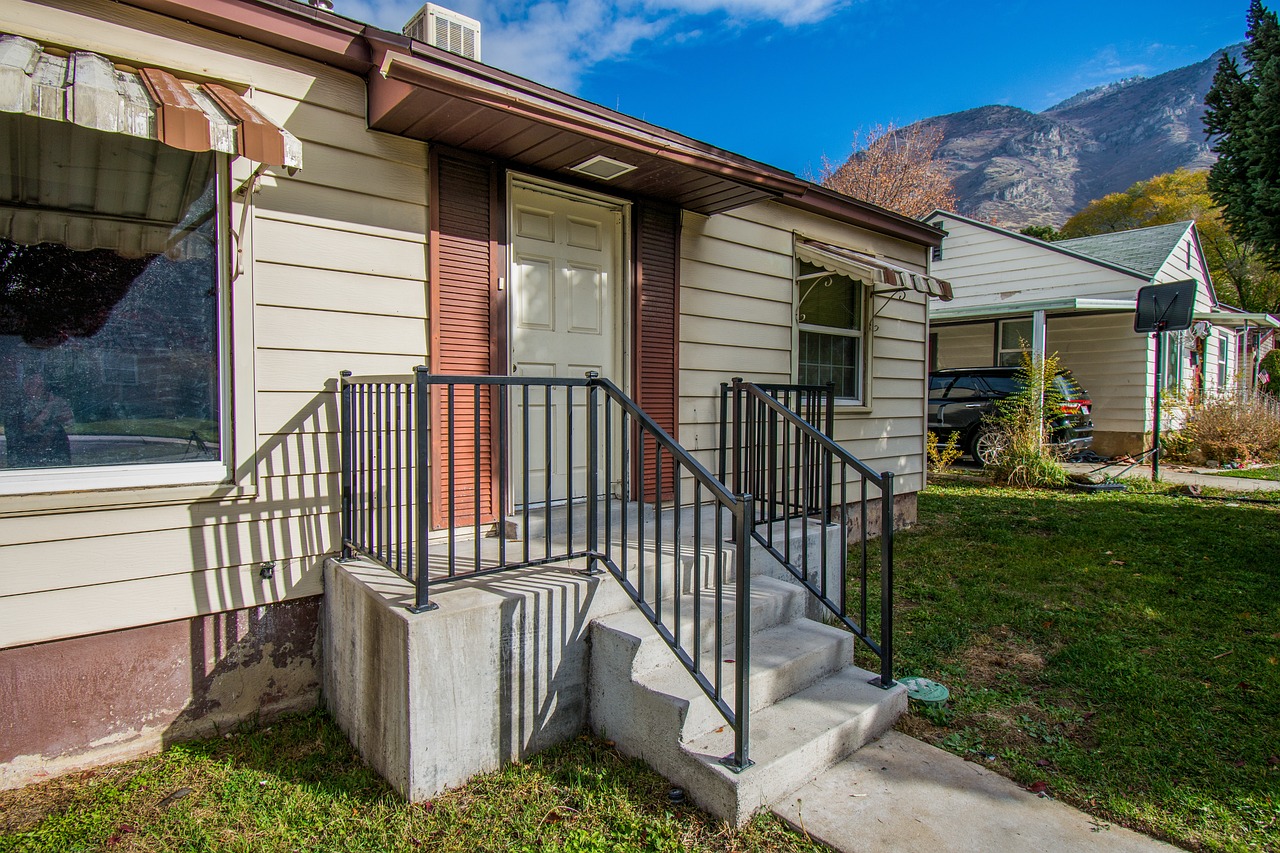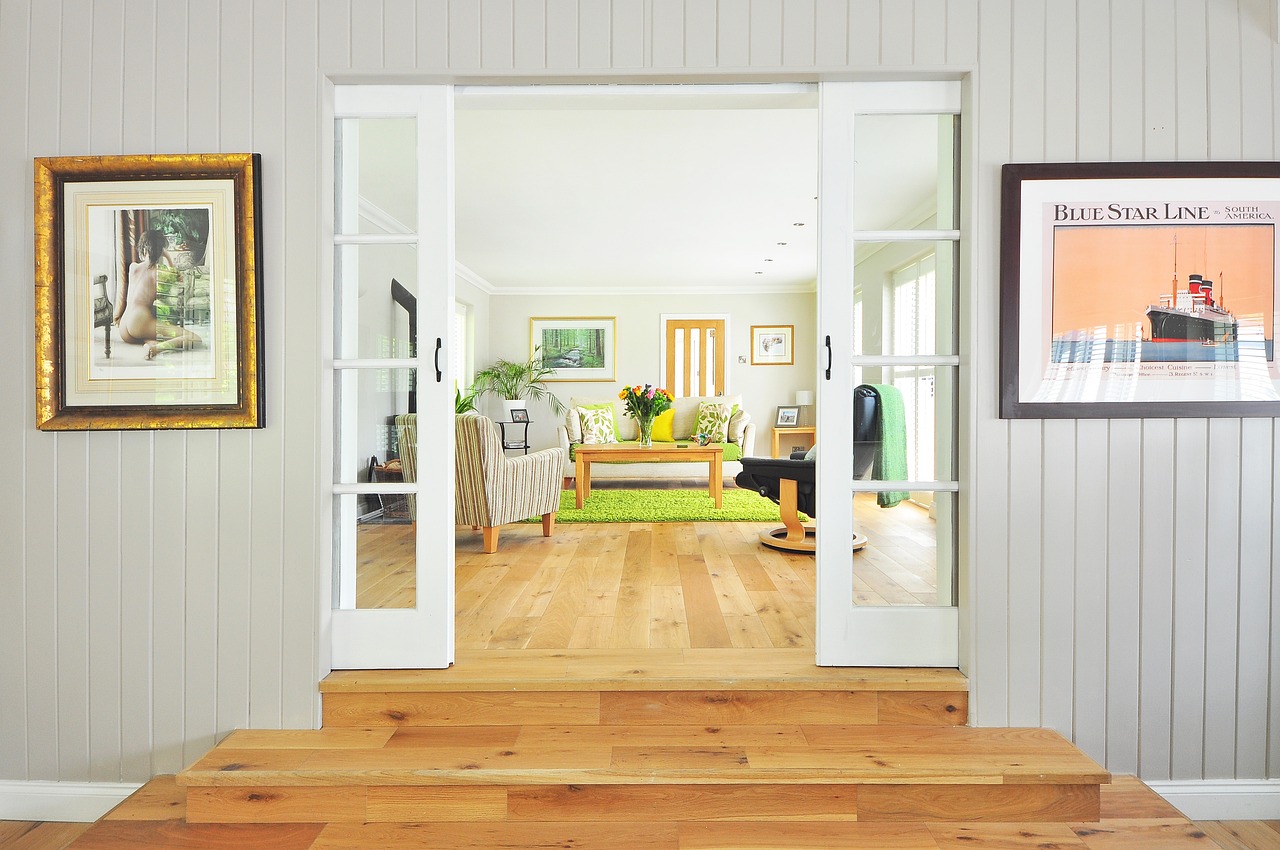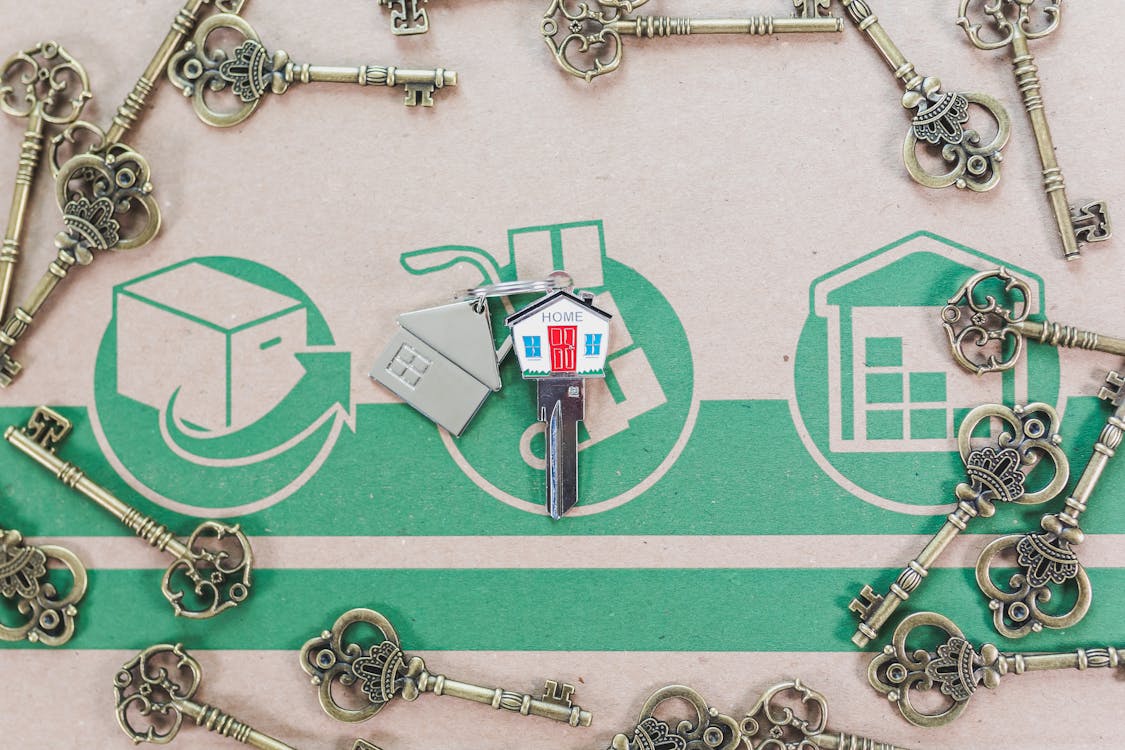whether you first start thinking about whether and how to buy a property, you’ll probably hear a lot of advice—some beneficial, some not so much. And, while it can be a lengthy process, purchasing a home is exciting, satisfying, and a significant investment.
Before you buy a house, utilize this checklist to make sure you’re ready for the various milestones in the process.
1. Understand what you can afford
How much money do you need to purchase a home? That is the first question you should examine, especially if you are purchasing your first house. Before you begin house looking, you should figure out how much you can afford. Consider your income and current monthly expenses.

There are various house mortgage calculators available online that will help you determine how much you can afford. Keep in mind that you will need to budget not only for the mortgage but also for new expenses associated with house ownership, such as insurance, prospective homeowner association (HOA) fees, taxes, landscaping and yardwork charges, utilities, repair costs, and so on.
Also Read: Real Estate Write For Us
2. Find an agent who matches your personality
You may consider this an optional item on your home-buying checklist, but hiring a professional can make the process much smoother. A real estate agent can answer your questions, suggest out features to look for in properties, assist you in making an offer, and negotiate a price with the sellers.
Furthermore, real estate brokers are generally better knowledgeable about the market worth of other homes in the neighborhood and are aware of properties that are not publicly advertised.

When a bank or financial institution offers a new home, real estate brokers are frequently the first to be notified, giving you an advantage when discovering a property before other purchasers are aware that it is on the market.
3. Be picky but realistic
No home is perfect. Concentrate on the things that are most important to you, and disregard the trivial ones. Try to imagine yourself in the house for the long term.
When you first start looking for a home, the furniture, stunning artwork, and new towels might easily make you fall in love with the location or current owners’ taste. Try to see beyond everything and concentrate on what is truly important: the bare bones of the house. Try to imagine the rooms without furniture to see how spacious (or lacking in space) the home is. Examine the worktops, flooring, and walls for any flaws that staging may have concealed.
4. Factor in all your costs
Your mortgage payment is just the beginning. You should also consider closing costs, property taxes, Home Owners Association (HOA) fees, and homeowner’s insurance. Not to mention simple maintenance.
If you are a first-time home buyer, there are several grants and programs available to assist you locate the funds you need to buy a home. Each state offers its own set of programs and incentives for first-time home buyers to help you through the process. Incentives may include qualifying for lower interest rates if you satisfy certain income and property requirements, aid with down payment and closing costs, and a reduction in potential federal income tax burden.
You might also wish to apply for an FHA loan, which is simpler to get if you have a low credit score. To receive maximum financing with an FHA loan, a reduced down payment of 3.5 percent is typically required.
5. Leave emotions at the door (and work to improve your credit score).
Don’t be discouraged if you don’t obtain the first or second house, or if the seller refuses to negotiate a lower price.
Your credit score will determine whether you are approved for a house loan and how much interest you will have to pay. This is one of the phases in buying a home that might save you hundreds of dollars over time. You desire a score of at least 700. Obtain a free copy of your credit report from AnnualCreditReport.com to determine your score.
How can you boost your credit score and deal with negative credit? Pay down your debt and keep your credit card balances below 20% of the available balance. Avoid shutting any accounts, as this will shorten your credit history and make you less reputable as a borrower. The simplest fundamental strategy to increase your score is to pay your invoices on time!
6. Practice your poker face by being pre-approved for a house loan.
If you’ve fallen in love with a house, don’t show the seller’s agent everything. Hold back and prepare to bargain.
One of the numerous mistakes that home purchasers do is not being pre-approved for a home loan before shopping around. This makes it simple to fall in love with a property that you may be unable to purchase. Most sellers are hesitant to accept an offer if the buyer is not pre-approved. They may also not want to wait for the buyer to be authorized for the financing, so they may take another offer in the meantime.
Your mortgage interest rate will have a significant impact on the overall amount you pay for your property, so browse around for the best mortgage lender. varying lenders will provide varying loan terms, interest rates, and fees. Before you begin shopping for a home, speak with numerous people to ensure you get the greatest price.
7. Get an inspection
If you plan to buy a home and make an offer, you need employ your own inspector. Although the seller may employ an inspector to examine the electrical components and structural integrity of the home, the results of the inspection may be impacted by the fact that the inspector works for the seller.
This makes it critical for you to hire your own inspector to guarantee that no details are ignored during the process. If the results reveal mold in the basement or a roof that has to be replaced, this may have an impact on your price talks with the seller.








